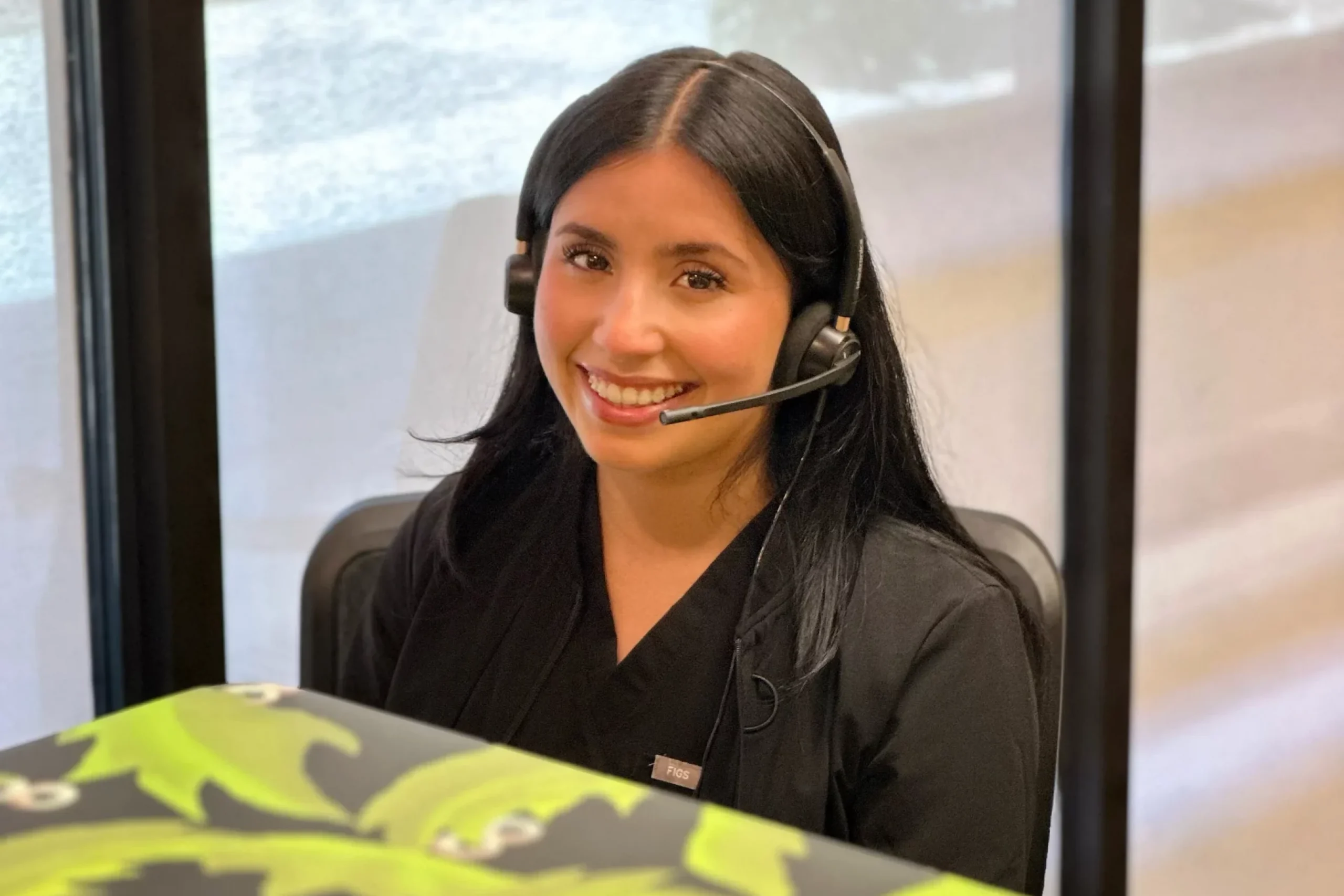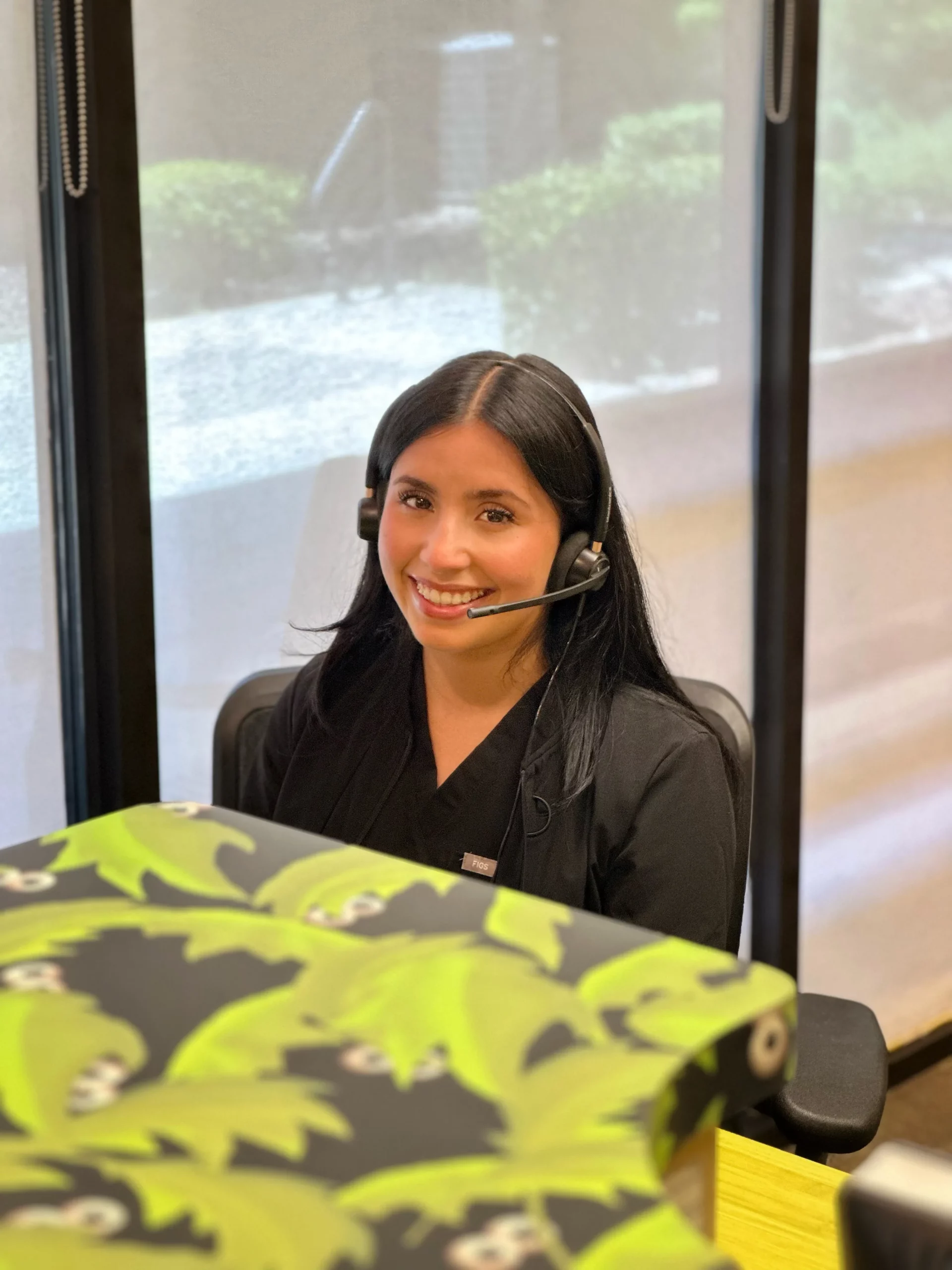Emergency
Dentist
Tooth Trouble? Dial Double!
More reasons to Smile!
Emergency Dentist In Elk Grove, CA
EMERGENCY DENTIST IN ELK GROVE
Unexpected dental emergencies can pop up like an unwanted surprise and often require immediate care. It’s not just the little ones who face these problems, even adults sometimes need emergency attention for their teeth. Whether it’s an annoying toothache that just won’t go away, a tooth that’s had a sudden and unplanned exit, or a filling or crown that’s unexpectedly gone on a break, we know that these situations can be really uncomfortable and make you a bit anxious. At Make A Smile Dental, we’re here for your whole family when these unforeseen incidents occur. That’s why we always keep some time slots open in our daily schedule just for these surprise cases, making sure you or your child get the immediate care you need.
WHAT IS A DENTAL EMERGENCY?
A dental emergency is a situation that demands prompt attention from dental professionals to alleviate severe pain and prevent further oral health deterioration. This urgency could be the result of an injury, infection, or chronic dental conditions that suddenly worsen. Among the services we provide to address such emergencies, root canals and oral surgery are often necessary. By recognizing a dental emergency early, you are taking the crucial first step towards receiving the right help.
COMMON DENTAL EMERGENCIES
Here are some common dental emergencies:
- Severe Toothache: Constant, throbbing pain that may be accompanied by swelling, fever, or an unpleasant taste in your mouth. The severity and persistence of the pain indicate the need for urgent dental care.
- Chipped or Broken Tooth: This can happen due to an accident or biting on something hard. Depending on the severity, it might expose the nerve inside the tooth leading to intense pain and sensitivity.
- Knocked-Out Tooth: Accidents, sports injuries, or falls can lead to a tooth being knocked out completely. This requires immediate dental care, and the tooth should be preserved properly until you reach the dentist.
Remember, these are just a few examples of what constitutes a dental emergency. If you are experiencing severe pain, bleeding that won’t stop, or have suffered a trauma to your mouth or face, it’s important to seek immediate dental attention.

4 WAYS TO PREVENT DENTAL EMERGENCIES
How To Prevent Dental Emergencies:
- Regular Dental Check-ups: Routine dentist visits can catch issues early, preventing emergencies.
- Good Oral Hygiene: Daily brushing, flossing, and mouthwash use reduce decay and gum disease, thus preventing emergencies.
- Healthy Diet: A balanced diet with less sugar and acid helps avoid tooth decay and strengthens teeth.
- Wear Protective Gear: Use mouth guards or helmets during sports to prevent tooth injury.
4 WAYS TO PREVENT DENTAL EMERGENCIES

How To Prevent Dental Emergencies
- Regular Dental Check-ups: Routine dentist visits can catch issues early, preventing emergencies.
- Good Oral Hygiene: Daily brushing, flossing, and mouthwash use reduce decay and gum disease, thus preventing emergencies.
- Healthy Diet: A balanced diet with less sugar and acid helps avoid tooth decay and strengthens teeth.
- Wear Protective Gear: Use mouth guards or helmets during sports to prevent tooth injury.
How can we help you?
Frequently Asked Questions
A dental emergency typically involves severe pain, bleeding, or trauma to the mouth that may cause broken or knocked-out teeth. Other emergencies can include infections or abscesses that cause significant swelling or pain.
We accept most dental insurance plans. However, the coverage for emergency services may vary depending on your specific plan. We recommend contacting your insurance provider for information regarding your coverage.
We offer a variety of payment options for those without insurance. This includes payment plans and potential third-party financing. It’s important to us that all patients receive the care they need, regardless of insurance status.
If you have a knocked-out tooth, handle it by the crown (not the root), rinse it off gently if it’s dirty, and try to reinsert it in its socket. If that’s not possible, keep the tooth moist in a container of milk or a tooth preservation product. Then, call us immediately for an appointment.
